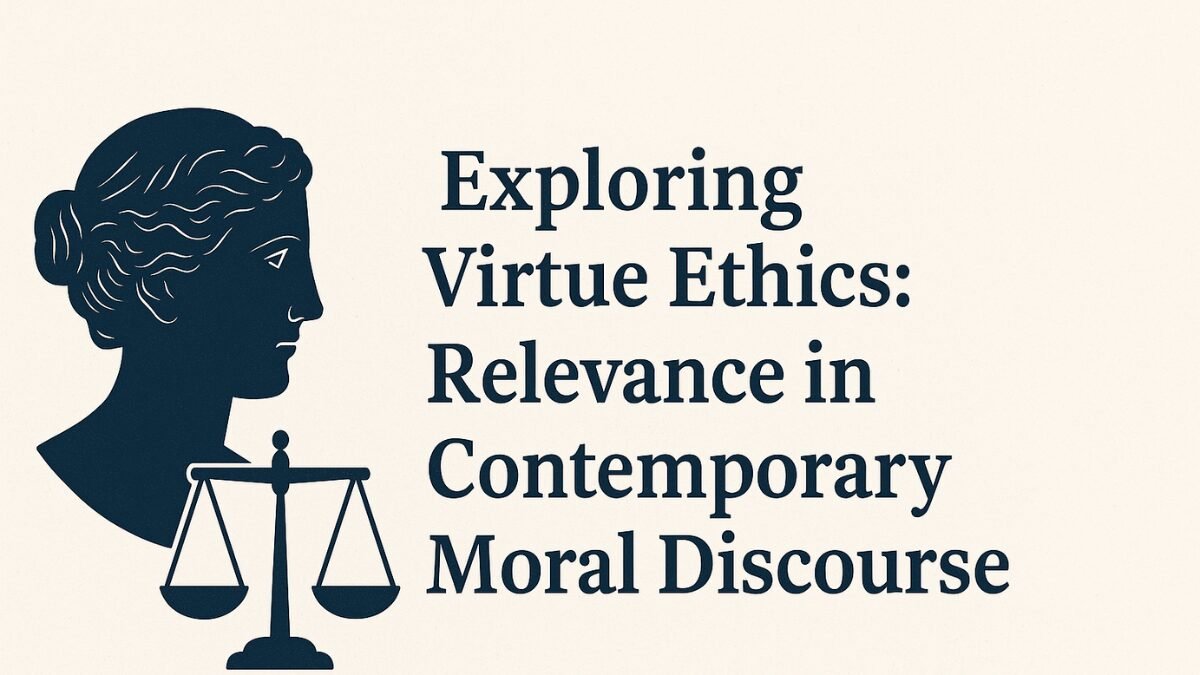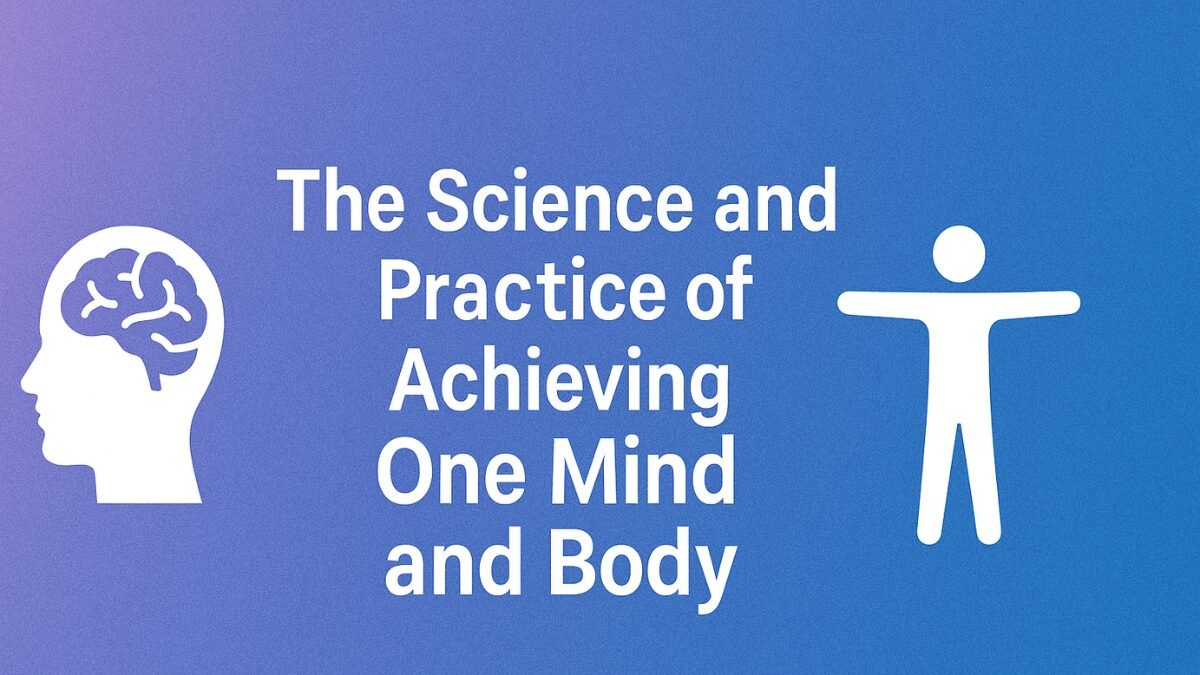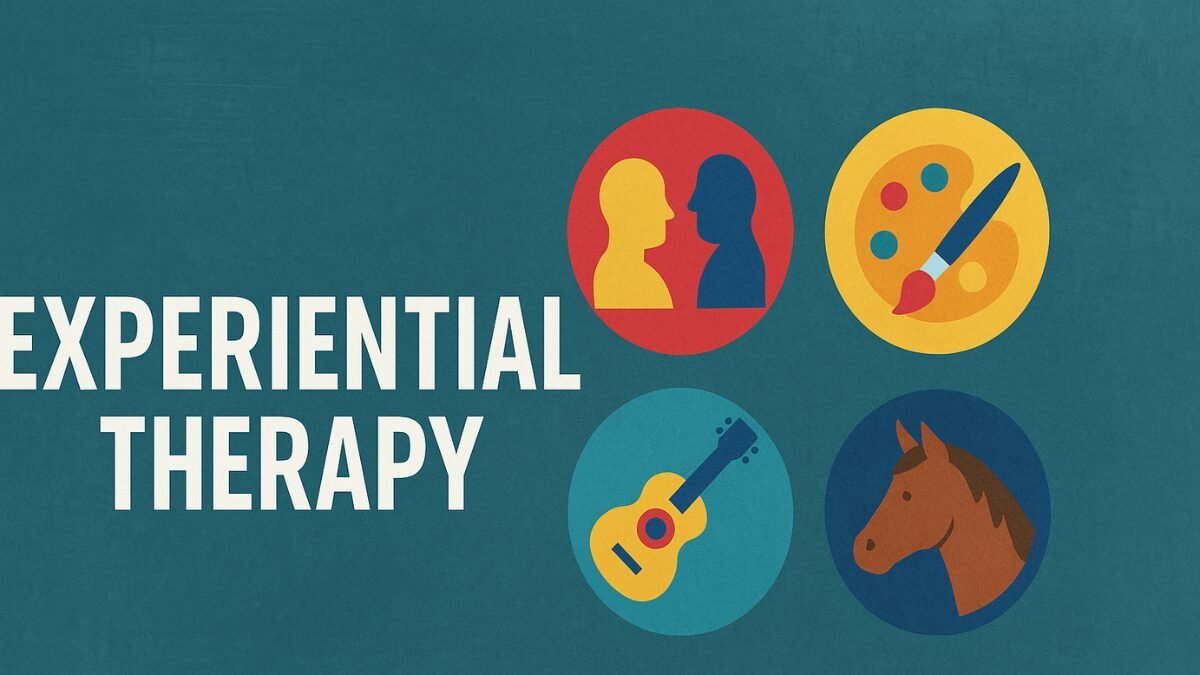Explore the concept of ethical pluralism in a diverse society. Learn how embracing multiple moral perspectives fosters inclusivity, dialogue, and ethical growth across cultures and communities.
Introduction: The Moral Mosaic of Modern Society
We live in a world shaped by cultural, religious, and philosophical diversity. As societies become increasingly interconnected, individuals encounter a wide range of moral beliefs. This reality gives rise to ethical pluralism, a framework that recognizes the coexistence of multiple valid moral perspectives. Rather than promoting moral relativism or rigid absolutism, ethical pluralism acknowledges the complexity of human values and the need for respectful engagement across moral divides.

In this article, we delve into the meaning, importance, and implications of ethical pluralism in a diverse society, emphasizing how embracing moral diversity can lead to more compassionate, inclusive, and stable communities.
What Is Ethical Pluralism?
Ethical pluralism is a moral theory suggesting that there is more than one legitimate way to interpret and act on ethical principles. Unlike moral absolutism, which holds one truth as universally valid, or moral relativism, which claims that moral judgments are entirely subjective, ethical pluralism occupies the middle ground. It asserts that different moral perspectives can coexist without one being inherently superior to the other.
This approach does not imply that all moral views are equally valid in every context. Instead, it promotes dialogue, understanding, and respect among individuals who hold different ethical convictions.
The Foundations of Ethical Pluralism
Ethical pluralism draws from several philosophical and cultural sources:
1. Cultural Diversity
Societies are shaped by historical, religious, and cultural influences. What is considered moral in one culture may differ significantly from another. Ethical pluralism acknowledges this variation and encourages people to understand different moral frameworks.
2. Moral Complexity
Many ethical dilemmas involve competing values—such as justice vs. compassion or freedom vs. security. Ethical pluralism allows for nuanced decisions, accepting that multiple answers may be morally justified.
3. Respect for Others
A core tenet of ethical pluralism is the belief that individuals and groups should be treated with dignity, even when their moral beliefs differ from our own.
Ethical Pluralism vs. Other Ethical Theories
To understand ethical pluralism better, it helps to compare it with other common moral frameworks:
| Ethical Theory | Description | View on Moral Truths |
|---|---|---|
| Moral Absolutism | Belief in a single, unchanging moral code | Only one moral truth |
| Moral Relativism | Belief that morality is subjective and context-specific | No universal truths |
| Ethical Pluralism | Acknowledges the legitimacy of multiple moral perspectives | Multiple valid truths |
| Utilitarianism | Moral choices should maximize happiness or well-being | One guiding principle: utility |
| Deontology | Actions are right or wrong based on rules, not consequences | Rule-based moral truths |
Why Ethical Pluralism Matters in a Diverse Society
In pluralistic societies—where different religions, races, cultures, and ideologies coexist—ethical pluralism offers a framework for mutual respect and cooperation. Here’s why it is especially important:

Encouraging Tolerance and Dialogue
Ethical pluralism fosters an environment where people with different moral beliefs can engage in meaningful conversations without resorting to conflict or judgment. This is essential in democracies where freedom of speech and belief are valued.
Enhancing Conflict Resolution
When communities embrace ethical pluralism, they are more equipped to handle ethical disagreements constructively. Rather than insisting on a single “correct” viewpoint, stakeholders explore compromises and shared values.
Promoting Inclusive Policy-Making
Governments and institutions operating in diverse societies benefit from ethical pluralism by creating policies that reflect the values of various groups, thus ensuring fair representation.
Real-World Applications of Ethical Pluralism
Ethical pluralism is more than a philosophical idea—it has practical implications in many areas of life:
Healthcare Ethics
Doctors often face moral dilemmas involving religious or cultural beliefs. Ethical pluralism helps navigate these situations by balancing professional standards with patient values.
Education
Classrooms include students from varied backgrounds. Teaching ethical pluralism encourages critical thinking and empathy, helping students appreciate different perspectives.
Workplace Diversity
Companies operating globally or in multicultural environments benefit from ethical pluralism by fostering inclusive corporate cultures and fair hiring practices.
International Relations
Nations with different political systems and beliefs must collaborate on issues like climate change, security, and trade. Ethical pluralism supports diplomatic dialogue and cooperation.
Challenges of Ethical Pluralism
While ethical pluralism has many benefits, it is not without challenges:
Navigating Irreconcilable Differences
Some moral conflicts may be deeply rooted and difficult to resolve. For example, issues such as capital punishment, abortion, or LGBTQ+ rights can stir intense debate where compromise seems impossible.
Risk of Moral Indifference
Critics argue that ethical pluralism may lead to moral indifference, where people avoid taking a stand to avoid offending others. However, true ethical pluralism involves active engagement, not passive acceptance.
Balancing Unity and Diversity
Societies must maintain cohesion while honoring diversity. Ethical pluralism requires careful balancing to ensure that core societal values are upheld without marginalizing minority viewpoints.
Principles for Practicing Ethical Pluralism
To implement ethical pluralism effectively, individuals and institutions should follow these guiding principles:
- Open-Mindedness – Be willing to hear and consider other moral perspectives without immediate judgment.
- Empathy – Try to understand the emotional and cultural context behind someone’s beliefs.
- Dialogue over Debate – Focus on understanding and collaboration rather than winning an argument.
- Respect for Autonomy – Recognize the moral agency of individuals and communities to make their own ethical choices.
- Common Ground – Identify shared values or goals to build unity despite differences.
FAQs About Ethical Pluralism
1. Is ethical pluralism the same as cultural relativism?
No. While both acknowledge moral diversity, ethical pluralism believes that multiple moral truths can coexist while still allowing for critical evaluation and discussion.
2. Can ethical pluralism support universal human rights?
Yes. Ethical pluralism can uphold universal rights by identifying overlapping values among cultures, like dignity and justice, while respecting different moral traditions.
3. Does ethical pluralism apply to legal systems?
Absolutely. Multicultural legal systems often integrate ethical pluralism to respect diverse customs while ensuring justice.
4. Can individuals be ethical pluralists in personal life?
Yes, individuals can practice ethical pluralism by being open to different moral perspectives in relationships, parenting, or community life.
5. How does ethical pluralism address religious conflicts?
It encourages interfaith dialogue and mutual respect, fostering peaceful coexistence among people of different religions.
6. Is ethical pluralism useful in political debates?
Yes, it promotes respectful discourse and compromise between opposing political ideologies.
7. What is the role of education in promoting ethical pluralism?
Education can teach students how to engage with diverse viewpoints and foster ethical reasoning.
8. Can ethical pluralism help with online hate speech or polarization?
Potentially. By encouraging empathy and dialogue, ethical pluralism can reduce hostility in digital spaces.
9. Is ethical pluralism idealistic or practical?
It is both. While it aspires to high ideals, it offers practical tools for managing real-world ethical diversity.
10. How can leaders promote ethical pluralism?
Leaders can set an example by listening to diverse voices, encouraging inclusive policies, and building coalitions around shared values.
Conclusion: Embracing a Morally Diverse World
Ethical pluralism in a diverse society is not just a theory—it’s a necessary mindset for living in today’s interconnected world. By recognizing the validity of different moral views, we build a foundation of mutual respect, open-minded dialogue, and ethical maturity. While challenges remain, the benefits of ethical pluralism—such as inclusivity, peace, and thoughtful engagement—far outweigh its difficulties. As individuals, communities, and nations, embracing multiple perspectives on morality is key to creating a more just, understanding, and united future.









